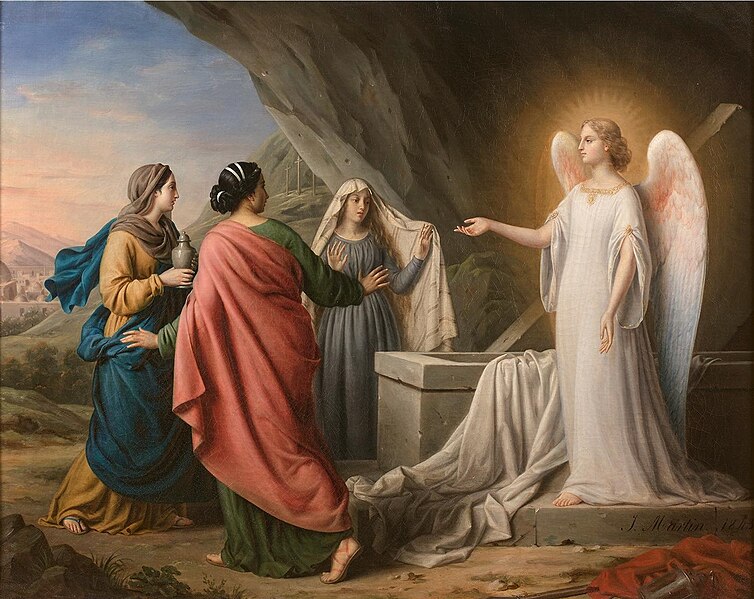
Immediately prior to these words finding their way onto the page, I witnessed my youngest daughter returning undeniably enlivening signs of affection back to my wife. The gaze upon a child of God that has not met the world in its fullness is something that cannot be replicated, much like a total eclipse of the sun. Her face is so innocent, beautiful, and excited. Why can’t we all be that excited at such seemingly simple interactions with our loved ones?
Every time I sit down to write this looking for inspiration and asking the Holy Spirit to assist, I discover that family life has it all - even eclipses of the heart that occur on a daily basis! What is the most inspiring and rudimentary element in society throughout all of history? The family.
Teaching history has a way of getting me going too. I wonder if the juniors are curious about what is happening inside of me this week - they may tell you I am in rare form. History was the first subject that motivated my learning; political science got me thinking about larger implications; and then it occurred to me in college that when God is studied, every other subject is involved. It is the ultimate liberal discipline - the study of God (theology)! A student of God is a student of humanity. And boy do I love people watching!
Over break I muscled almost all the way through C.S. Lewis’ space trilogy, only because I finally broke down and bought myself a pair of readers to make it happen. I suspect those in attendance at the Easter Vigil were surprised when they saw those readers come on in the darkness. I am not getting younger. But I am trying to see myself and those around me a lot more clearly than I ever recall. Lewis masterfully attempted to rewrite the human condition into science fiction in a way that is causing me to consider how those first moments in human history were filled with faulty decisions resulting from an unwillingness to accept the beauty of our childlike condition.
In myself, I saw a rather lackluster Lent and half-hearted Triduum immersion. In others, I saw real courage: we had three students receive their full status as adopted children of God at the Easter Vigil. I observed our chaplain pouring out his entire self for the sacred liturgy and by extension - his people. I detected that my children may be more impacted by the mystagogy of those salvific events re-entered in a kind of timeless trajectory. The eclipse was cool, no doubt. What about time travel? What about being there when those moments that mattered the most for all of us transpired?
We are a Catholic school because these are the learning opportunities we will never fail to embrace: heavenly opportunities!
One of our teachers gifted me with a compilation of daily meditations from Pope Benedict XVI for Christmas. I am not sure she knows how much he meant to me, but it is an opportunity for me to learn from heaven. I committed myself to reading these meditations, and I think what I read today conveys the significance of all of this:
What would it mean if Easter, the Resurrection of Jesus, had not taken place?... Well, if there were not Resurrection, the story of Jesus would have ended with Good Friday. His body would have decayed, and he would have become a has-been. But that would mean that God does not take initiatives in history, that he is either unable or unwilling to touch this world of ours, our human living and dying.
And that in turn would mean that love is futile, nugatory, an empty and vain promise. It would mean there is no judgment and no justice. It would mean that the moment is all that counts and that right belongs to the cunning, the craft and those without consciences. There would be no judgment. Many people, and by no means only wicked people, would welcome that because they confuse judgment with petty calculation and give more room to fear that to a trusting love…
All this makes clear what Easter does mean: God has acted.
History does not go on aimlessly. Justice, love, truth - these are realities, genuine reality. God loves us; he comes to meet us. The more we go along his path and live in his way, the less we need to fear justice and truth, the more our hearts will be full of Easter joy.
Easter is not only a story to be told: it is a signpost on life’s way. It is not an account of a miracle that happened a very long time ago: it is the breakthrough which has determined the meaning of all history. If we grasp this, we too, today, can utter the Easter greeting with undiminished joy: Christ is risen; yes. He is risen indeed! - Mr. Derek Tremblay, Headmaster

